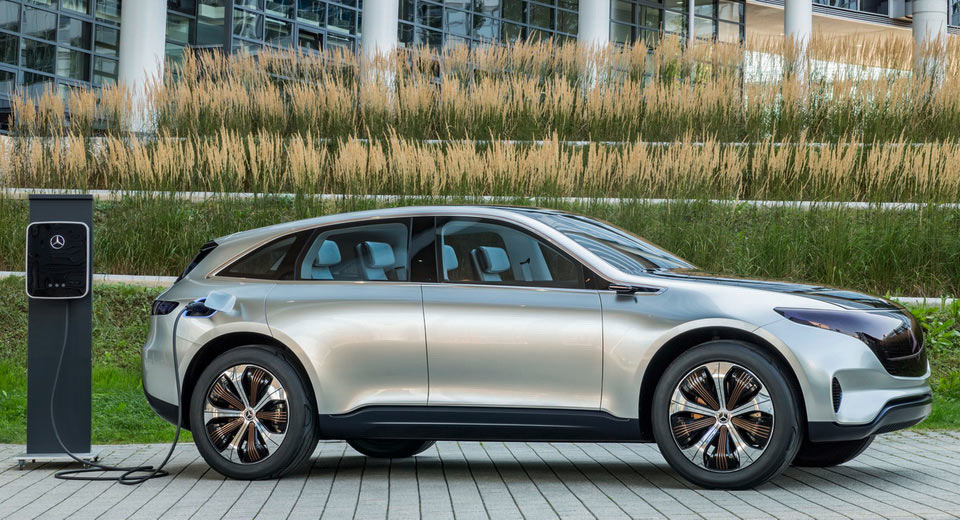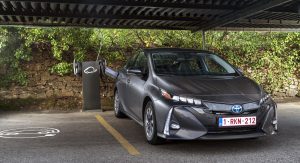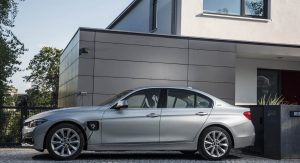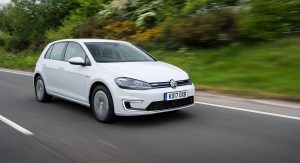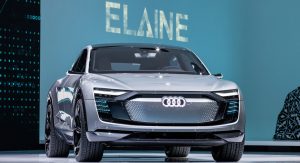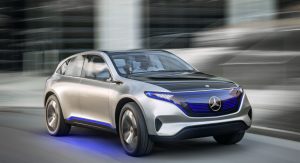EU regulators have announced their proposal to introduce a CO2 emissions reduction target by 30 percent for new cars and vans by 2030 while offering incentives to carmakers selling zero- and low-emission vehicles over a certain benchmark.
The proposal also sets a 15% lower target for 2025 than that of 2021 in order to ensure that carmakers will start investing as early as possible.
At the same time, the European Union plans to support the industry by offering 800 million euros ($927.7 million) for the establishment of an EV charging infrastructure as well as 200 million euros ($232.3 million) for battery development.
To help carmakers reach such an aggressive target, EU will offer credits to those who will sell enough zero- and low-emission vehicles in order to offset their overall fleet emissions. Regulators are expected to set a certain benchmark for the number of zero- and low-emission vehicles later on, in order for the incentives to be eligible. EU identifies low-emissions vehicles as those producing less than 50g/km of C02, which are mainly plug-in hybrids.
The proposal was met with criticism from the European Automotive Manufacturers Association (ACEA) which said that the 30% reduction target is “overly challenging”, proposing instead a 20% reduction by 2030 which is “achievable at a high, but acceptable, cost”.




